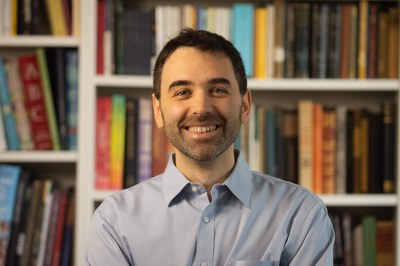 What are the contents and goals of this research project?
What are the contents and goals of this research project?
Understanding the reasons why many galaxies in the young universe at some point 'died out' and no longer formed new stars.
This is the phenomenon that gives rise to elliptical galaxies, which have been extinct for billions of years.
There are many theories about this and black holes are thought to play a key role, but we lack a clear picture from the point of view of observations.
What are the elements that make this research particularly innovative in terms of content or method?
In recent months we are witnessing a momentous event in the study of distant galaxies, due to the first images obtained from the James Webb Space Telescope. For the first time ever, we can now study with great precision not just visible light but also infrared light coming from galaxies. This project uses the James Webb observations we are currently receiving, which will allow us to understand how the biggest galaxies, those that host the largest black holes inside them, were formed.
What societal need does the project respond to?
By its very nature, astrophysics satisfies one need: that of knowledge. When looking at astronomical images, one wonders why some galaxies are spirals while others are elliptical. Astronomers have been asking themselves this question for a century and have yet to find the answer. In recent years we have seen incredible progress being achieved in this field. Our hope is to go one step further and arrive at a fuller understanding of how galaxies were formed.
When you heard that the project had won ERC funding, how did you feel? What does this recognition mean for your research path?
Winning ERC funding is certainly a great satisfaction that repays all the efforts made. But above all, it gives the opportunity to build a research team that can make its mark at the European and global level. Moreover, having secured funding for the next five years allows us to undertake ambitious and risky projects, which often lead to the most fascinating discoveries.
When did your research project start and how far has it come? What results have you achieved so far?
We only heard about this two months ago, the project is still in its early stages. However, having already obtained observations from the James Webb Space Telescope, as I mentioned earlier, we can now embark on our research journey in earnest. We expect to publish the first results by the end of this year.
RicERCatori in Evidenza is the column dedicated to the University of Bologna's cutting-edge research funded by the European Research Council-ERC and its protagonists.
RicERCatori in Evidenza is the column dedicated to the University of Bologna's cutting-edge research funded by the European Research Council-ERC and its protagonists.
